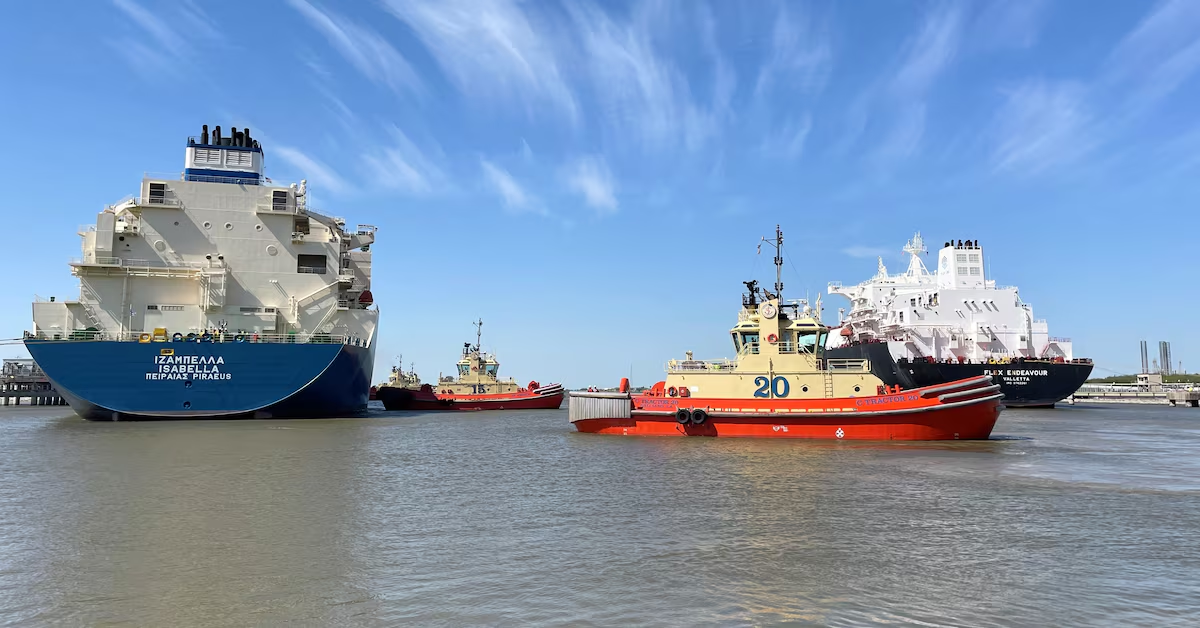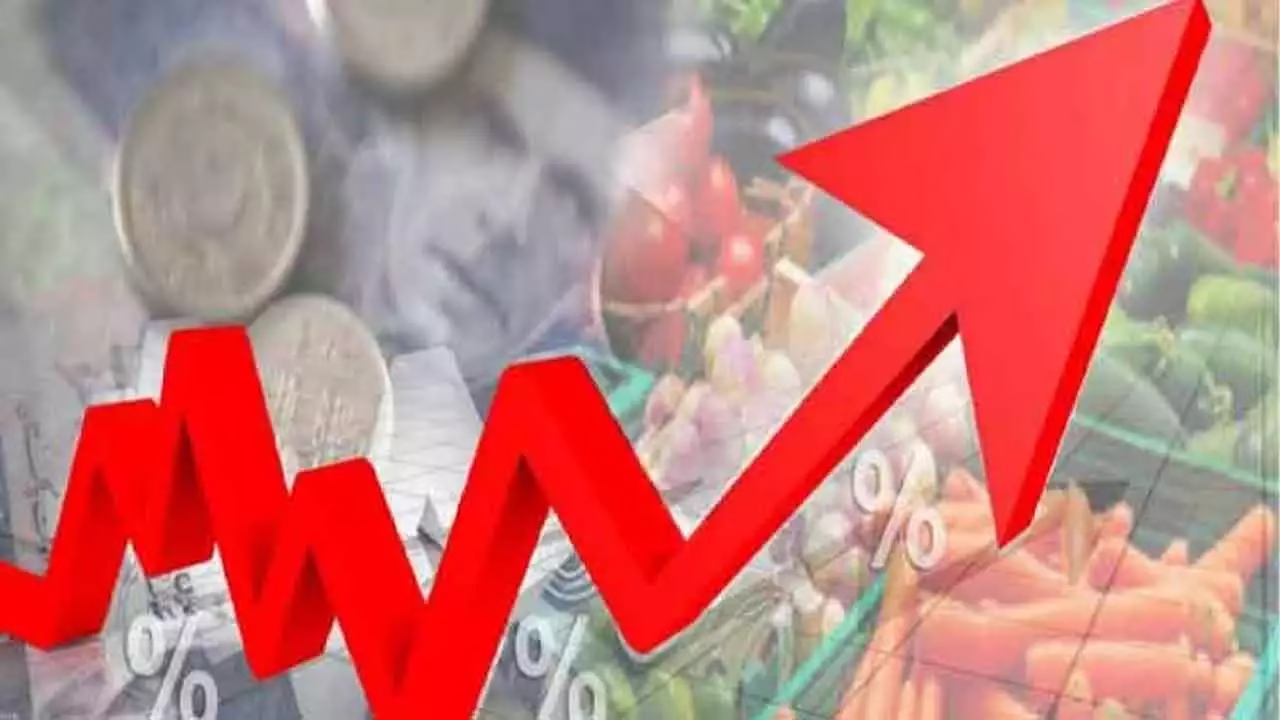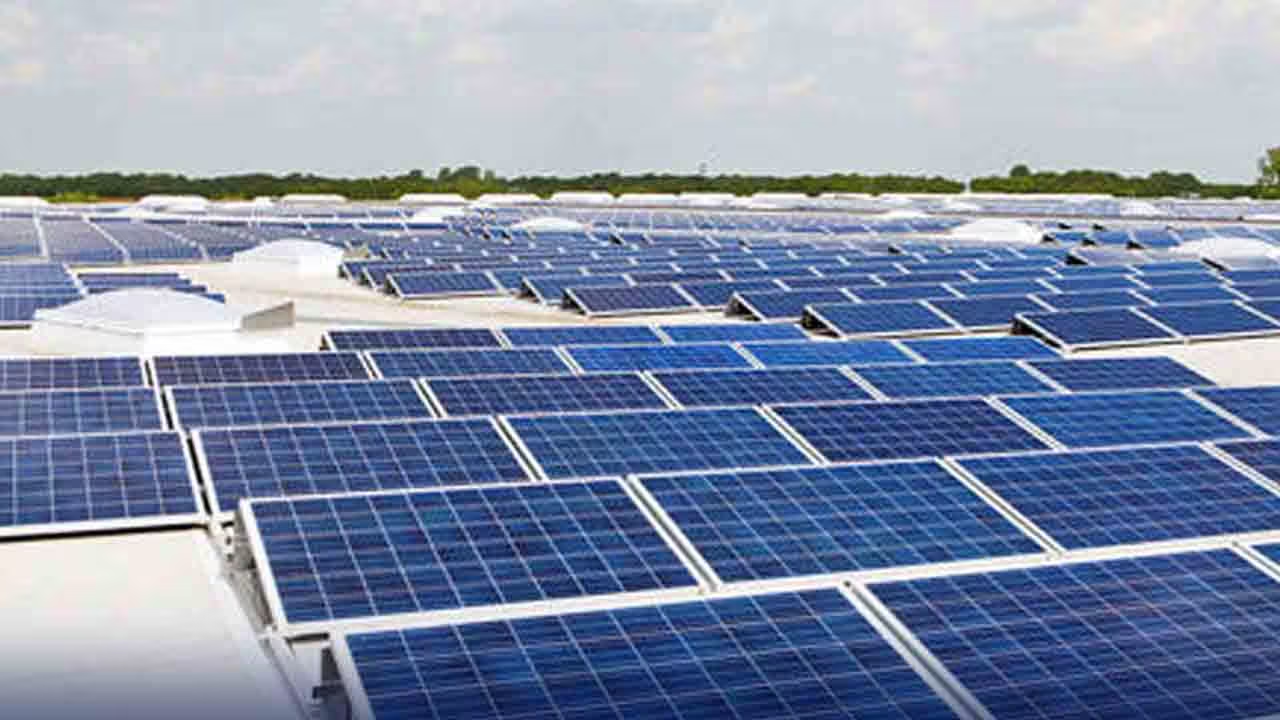According to a report by JP Morgan, global natural gas prices are expected to face increasing pressure until the end of the decade, driven by rapid growth in supply and shipping infrastructure, particularly in Qatar and the US.
The expansion of gas output and liquefied natural gas (LNG) facilities, facilitating global transportation via tankers, is anticipated to accelerate efforts to transition industries from coal to gas. This shift has the potential to halve greenhouse gas emissions, the report highlights.
JP Morgan’s forecast projects a 2% annual growth in natural gas production by 2030, reaching 4,600 billion cubic meters (bcm) compared to 4,000 bcm in 2022, resulting in a surplus of 63 bcm by the decade’s end. Additionally, LNG exporting infrastructure is expected to increase by 156 bcm by 2030 from nearly 600 bcm in 2024.
Primary sources of production growth are anticipated to include the US, the Middle East, and to a lesser extent, Russia.
“We see a downward global LNG price trajectory with increased volatility driven by a structurally oversupplied market,” remarked JP Morgan’s Global Chief Global Energy Strategist, Christyan Malek, to Reuters.
Major oil companies like Shell, BP, and TotalEnergies are positioning themselves to capitalize on growing gas and LNG demand as economies transition away from coal. This sharp growth in gas supply and subsequent price decrease could result in a rapid shift from coal to gas, potentially reducing global carbon emissions by approximately 17%, as per the report.
While the risks of oversupply in the LNG market are acknowledged, JP Morgan believes the potential impact of coal-to-gas switching on LNG demand has been underestimated.
However, research firm Accela suggests that European oil companies’ plans to expand gas and LNG output are unlikely to significantly affect their efforts to reduce carbon emissions intensity by 2030.



